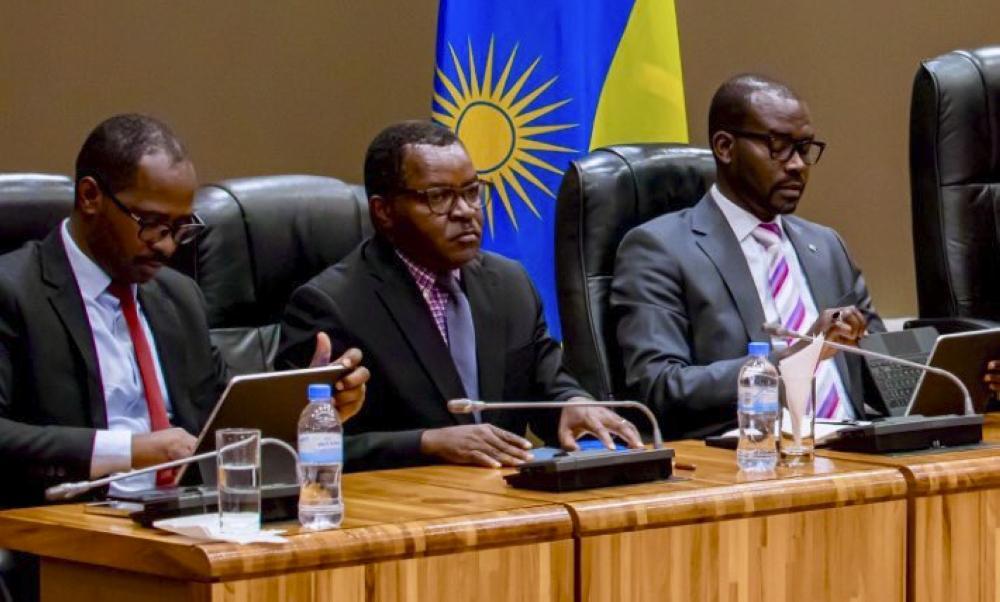Africa-Press – Rwanda. Guaranteed loans under the Business Development Fund (BDF) agribusiness facility should not be only a preserve of youths who hold a university degree but be made accessible for all who have relevant bankable projects, lawmakers have said.
Lawmakers stressed this on Wednesday, April 1, as the Minister of Trade and Industry, Prudence Sebahizi, appeared before the lower house over issues identified in the service delivery of BDF.
The Deputy Speaker in charge of parliamentary affairs, Beline Uwineza, indicated that concerns regarding BDF service delivery include the fact that the fund guarantees agribusiness projects for university graduates only.
“This is viewed as inequality in providing opportunities to people engaged in the agricultural sector,” he said.
MP Epiphanie Mukampunga said that apart from representing an inequality in access to opportunities, it was observed that some university graduates are not interested in engaging in agribusiness projects.
“If this opportunity is open to others, it can contribute to improvement in people’s welfare, reduction in unemployment, and progress in the country’s economy through agriculture and livestock,” she said.
Sebahizi said the university degree requirement for agribusiness projects is one of the issues that should be addressed through reforms in BDF service delivery expected to be finalised in August.
He indicated that reforms were recommended during last year’s Umushyikirano [National Dialogue Council Umushyikirano] whereby BDF was requested to revise its policy and remove the degree requirement for eligibility to collateral support.
“The degree requirement should be removed so that those who do not have such academic qualifications can also access the financial support,” he said, indicating that this a measure to address the issue.
Members of Parliament follow the presentation.
According to BDF, in order to reduce unemployment among graduates, the fund supports modern agricultural and agro-processing projects by providing them with loans through direct lending. This is done under its agribusiness facility.
Types of agricultural and livestock projects supported under this programme are those that add value to agricultural and livestock products, modern agriculture and animal husbandry, vegetable and fruit farming, and fish farming.
The fund provides agribusiness loans of up to Rwf10 million, payable at an interest rate of 12 per cent per year.
It provides 30 per cent of the loan as a grant when 70 per cent of the loan is repaid on time.
Requirements for the beneficiary to receive this service include that the owner of the project must be Rwandan, the business owner must have graduated from university, the project must show how it will provide jobs for Rwandans, and should be integrated in terms of increasing the production of agricultural and livestock products and adding value to them.
The fund was established in 2011 with an aim to support small and medium enterprises (SMEs) in accessing finance as well as advisory services. To do so, it has to work with financial institutions (banks, microfinance institutions, including Savings and Credit Cooperatives – SACCOs) to, among others, cover 50-75 per cent of the collateral required by such lenders to help SMEs grow and sustain their businesses, as per the fund.
For More News And Analysis About Rwanda Follow Africa-Press






